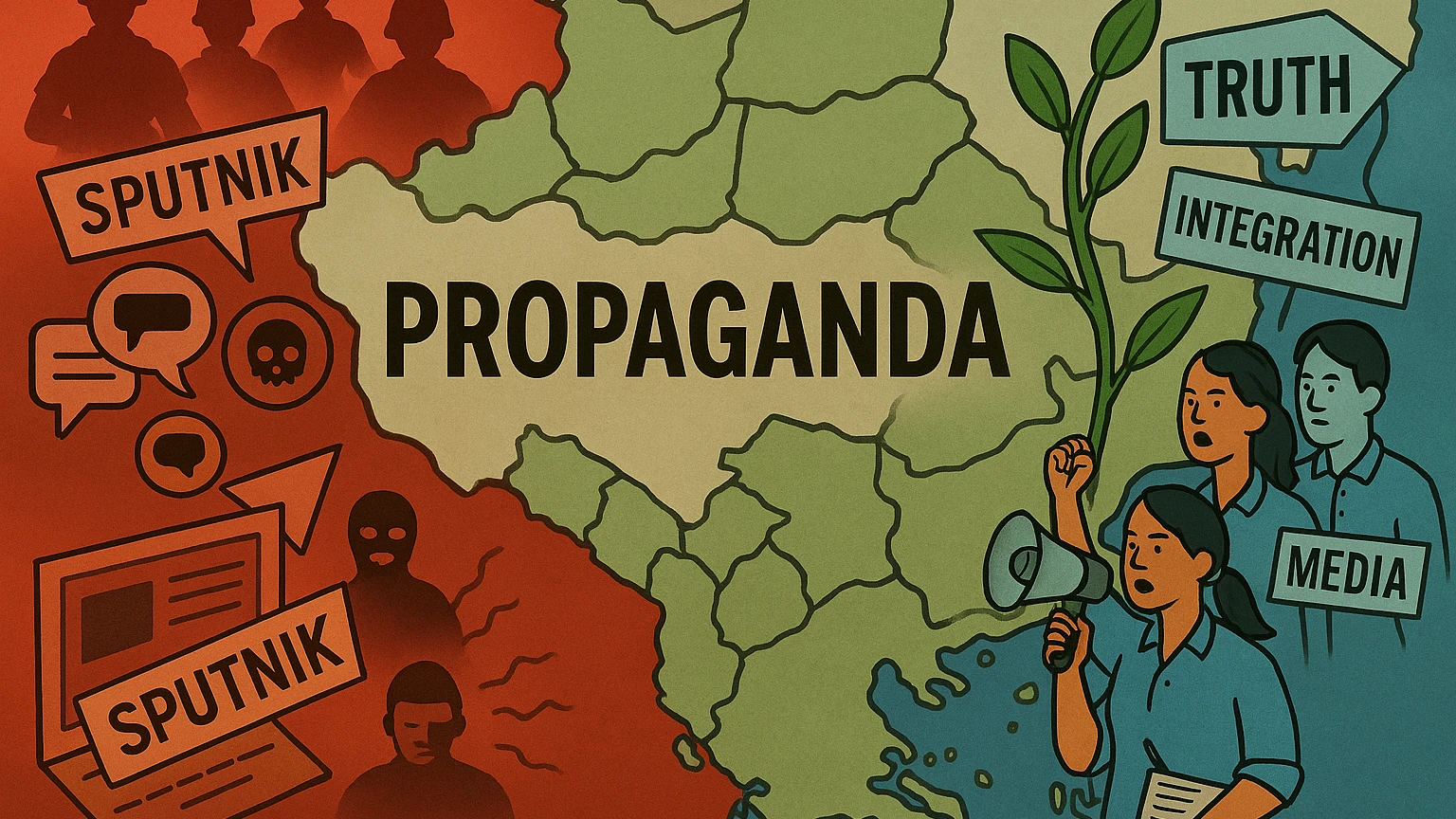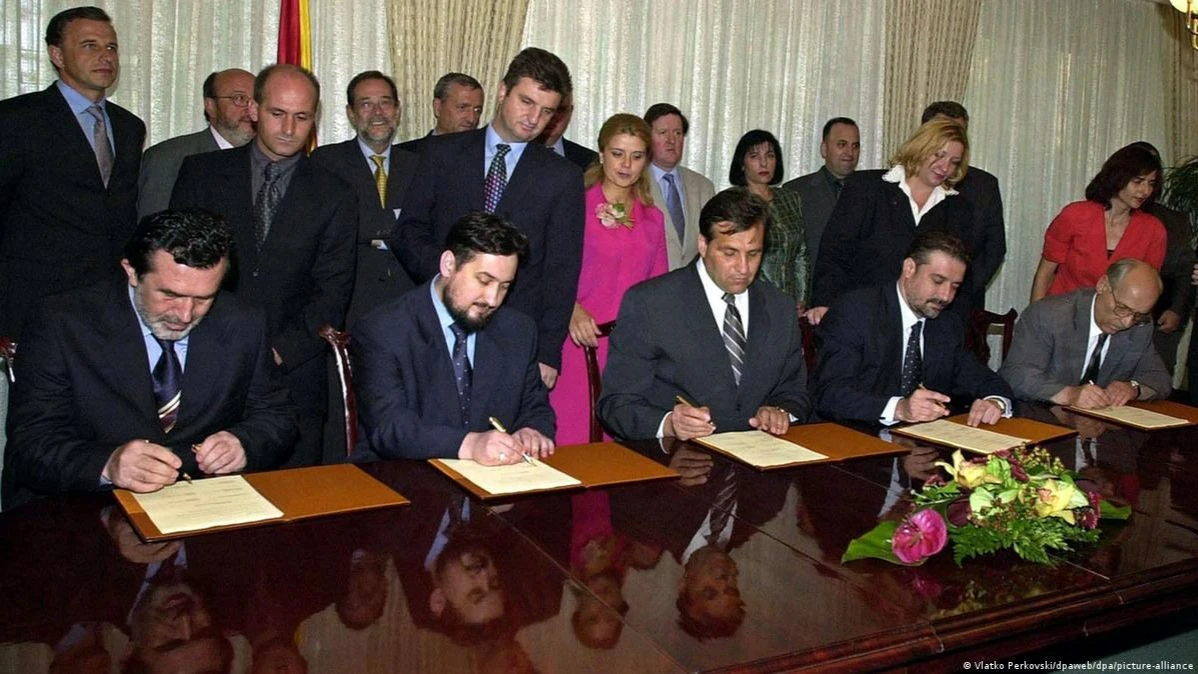Bosnia and Herzegovina
Bosnia and Herzegovina (BiH) is a parliamentary republic located in Southeastern Europe, in the Western Balkans region. The country declared independence in 1992 and established its post-war constitutional framework under the Dayton Peace Agreement of 1995.
Political System and Governance
Bosnia and Herzegovina’s governance system is complex and highly decentralized. The state consists of two entities — the Federation of Bosnia and Herzegovina and Republika Srpska — while the Brčko District holds a special administrative status. The tripartite Presidency represents the three main ethnic groups, ensuring political balance. The bicameral Parliamentary Assembly exercises legislative power, while key competencies are divided among state, entity, and cantonal levels.
Human Rights and Civil Society
Bosnia and Herzegovina has made progress in building democratic institutions and strengthening the rule of law. Nonetheless, governance remains affected by ethnic divisions and political polarization. Civil society organizations and human rights groups play a significant role in advancing democratic reforms and social inclusion. Independent media outlets contribute to pluralism but often face financial and political challenges.
Economy and Key Indicators
The economy of BiH is in transition, with services and manufacturing as its main sectors. Economic growth is driven by exports, remittances from the diaspora, and trade with the European Union. Structural unemployment, inequality, and regional disparities remain pressing issues. Economic modernization and infrastructure investments are among key government priorities.
Foreign Policy and Regional Relations
Bosnia and Herzegovina’s foreign policy focuses on European and Euro-Atlantic integration. The country holds EU candidate status and cooperates with NATO through partnership programs. Strengthening dialogue with neighboring countries and ensuring regional stability remain central to its external engagement.
Current Trends
- Continuation of institutional and electoral reforms
- Consolidation of judicial independence and public administration efficiency
- Socio-economic modernization and reduction of inequality
- Advancement of EU integration and regional cooperation
- Sustaining inter-ethnic dialogue and political compromise





